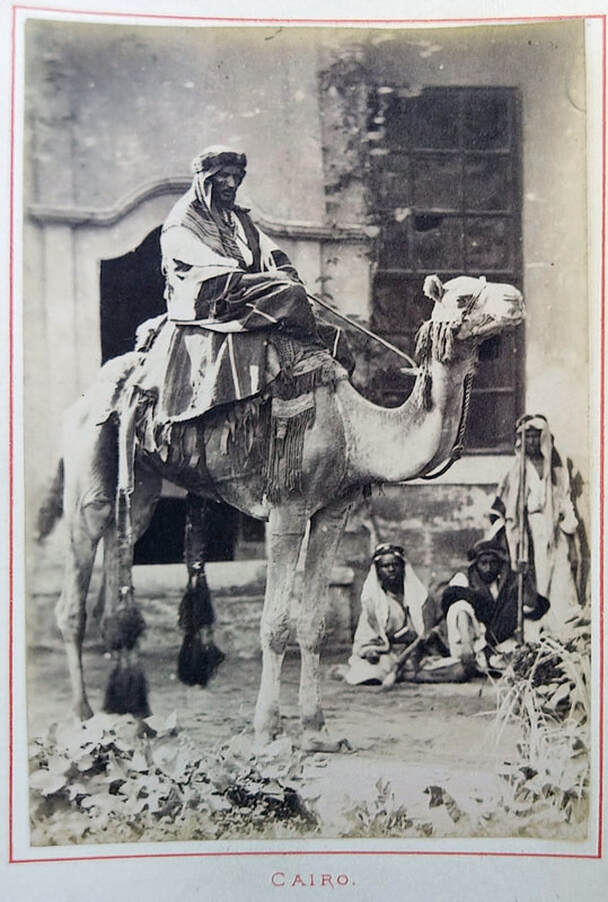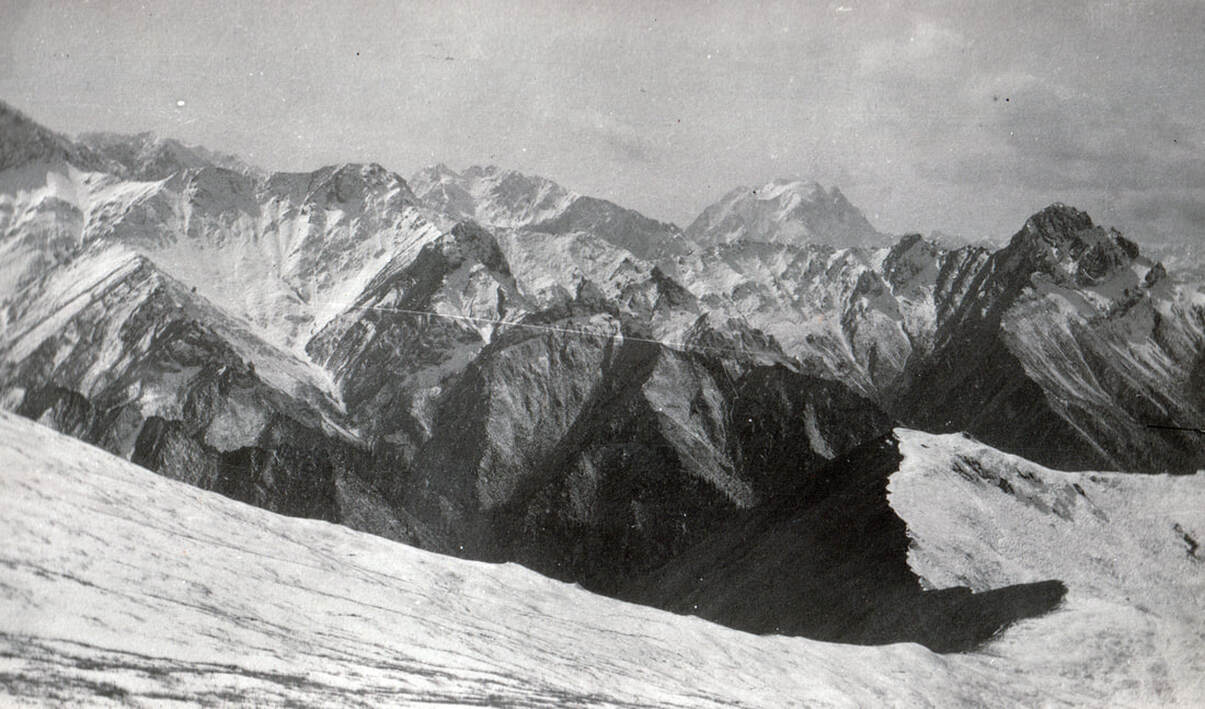Always Moving On
During his twenties, Howard-Bury continually sought
new destinations. In 1905, while stationed with the British army in India, he
secretly entered Tibet, a country he yearned to explore and to which he would later return.
new destinations. In 1905, while stationed with the British army in India, he
secretly entered Tibet, a country he yearned to explore and to which he would later return.
|
In 1905, Howard-Bury secretly travelled to Tibet, crossing a high pass near Mount Kailash, a mountain in western Tibet that is considered sacred to Buddhists, Jains and Hindus. This was a dangerous journey, given that it took place soon after the British invasion of Tibet in 1903-1904 (discussed in a later page). Although Howard-Bury made his way safely back to India, he was reprimanded by Lord Curzon, then British Viceroy in India, for making the journey and his leave was cancelled for six months.
Seemingly unperturbed by Curzon's reprimand, Howard-Bury continued his explorations as soon as he was free to do so. In 1906, he travelled to St. Petersburg. There he obtained the necessary permits and then crossed the Russian Empire to Russian-controlled Turkestan, a vast region covering present-day Turkmenistan, Uzbekistan, Tajikistan, Kyrgyzstan, and part of Kazakhstan. A year later, he spent his leave in Kashmir and the Karakoram mountain range that spans the borders of China, India, and Pakistan, extending to Afghanistan. He made numerous journeys through India, including a pilgrimage to the northern city of Badrinath and its Hindu temple dedicated to Vishnu. He visited the central Indian city of Amarkantak, a pilgrimage destination for Hindus, near which he is reputed to have shot and killed a man-eating tiger that was terrorising the area. In making those journeys, and many others, Howard-Bury displayed his remarkable flair for languages. It is not clear how many languages and dialects he could speak, with accounts varying from the low teens to almost thirty. His talent and energy was noted by his commanding officers. A military report from December 1908 concluded that he was a 'splendid candidate for diplomatic or intelligence work, or for any missive of secret service requiring a clever brain and active body'. Howard-Bury would soon decide, however, that a military career was not for him. Howard-Bury inherited Belvedere House in 1912, upon the death of its owner Charles Brinsley Marlay. According to newspaper reports, Marlay's personal estate had a net value of £499,886.19.1d and included estates in Cavan, Louth and Westmeath. Howard-Bury inherited the Westmeath estate, including Belvedere House. Previously a wealthy man, he was now an exceedingly wealthy man. He resigned from the British army in order to spend his time in travel and exploration. Howard-Bury would fund his subsequent explorations, including his contribution to the 1921 Everest reconnaissance, from his own pocket, beginning with his journey to the Tian Shan mountains. |
A tourist postcard, purchased by Howard-Bury during a visit to Egypt
(Marian Keaney/Westmeath Library Services: Howard-Bury Collection) |
A section of the Tian Shan Mountains, photographed by Charles Howard-Bury in 1913 (Marian Keaney/Westmeath Library Services: Howard-Bury Collection)



